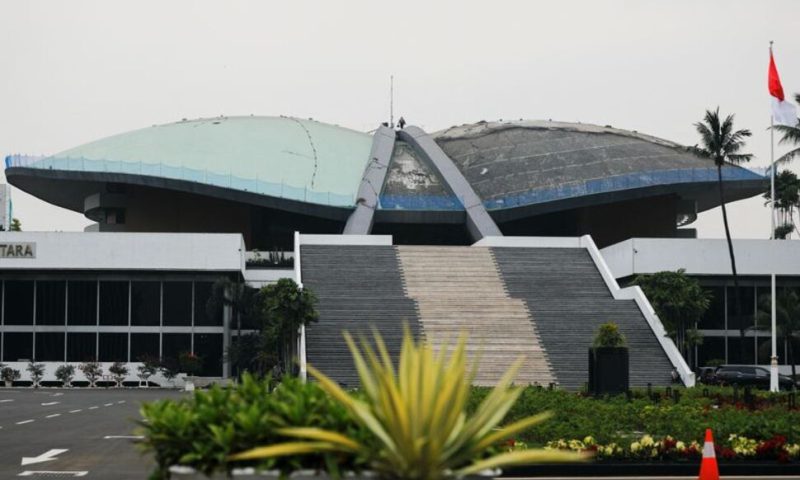JAKARTA – Indonesia summoned a United Nations official on Monday after the organisation expressed concerns over threats to civil liberties posed by the newly-ratified revisions to its criminal code, its foreign ministry said.
Indonesia’s parliament last week approved an overhaul of its criminal code, prohibiting sex outside marriage and cohabitation between unmarried couples, among other controversial revisions. Officials say it aims to uphold “Indonesian values” in the world’s largest Muslim-majority nation.
The U.N. said the revised laws could result in the erosion of press freedom, privacy and human rights in the world’s third-largest democracy.
Teuku Faizasyah, a foreign ministry spokesperson, said the ministry summoned the U.N. resident coordinator in Jakarta over the comment, saying the organisation should have consulted with the government before airing its misgivings.
“They should have come to consult, just like other international representatives. We hope they do not hasten to express views, or when there’s not enough information,” he said.
The U.N. official, Valerie Julliand, did not immediately respond to a request for comment.
The government has rushed to allay concerns expressed by tourism associations that the new laws, especially those on sex outside marriage or cohabitation, may scare away tourists from its shores.
Edward Omar Sharif Hiariej, Indonesia’s deputy justice minister, told reporters on Monday the code “does not disturb” the interests of foreign investors or tourists so long as authorities adhere to national guidelines, adding the government would spend the next three years ensuring adherence.
I Wayan Koster, the governor of the island of Bali, the centre of Indonesia’s tourism, in a statement on Sunday noted the new laws, which will come into force in three years, could only be applied if there was a complaint by a parent, spouse or child.
Bali’s government would ensure “there will be no checking on marital status upon check-in at any tourism accommodation, such as hotels, villas, apartments, guest houses, lodges and spas,” Wayan said.
But the new code is “totally counter-productive” at a time when the economy and tourism were starting to recover from the pandemic, Maulana Yusran, deputy chief of Indonesia’s tourism industry board, said last week.
Andreas Harsono, a senior Human Rights Watch researcher in Indonesia, said last week that the code “contains oppressive and vague provisions that open the door to invasions of privacy and selective enforcement that will enable the police to extort bribes, lawmakers to harass political opponents, and officials to jail ordinary bloggers”.

